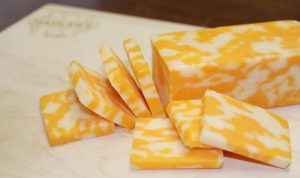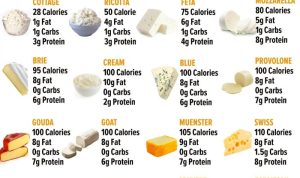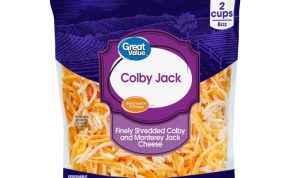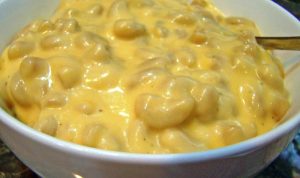Mozzarella Cheese and Dietary Considerations
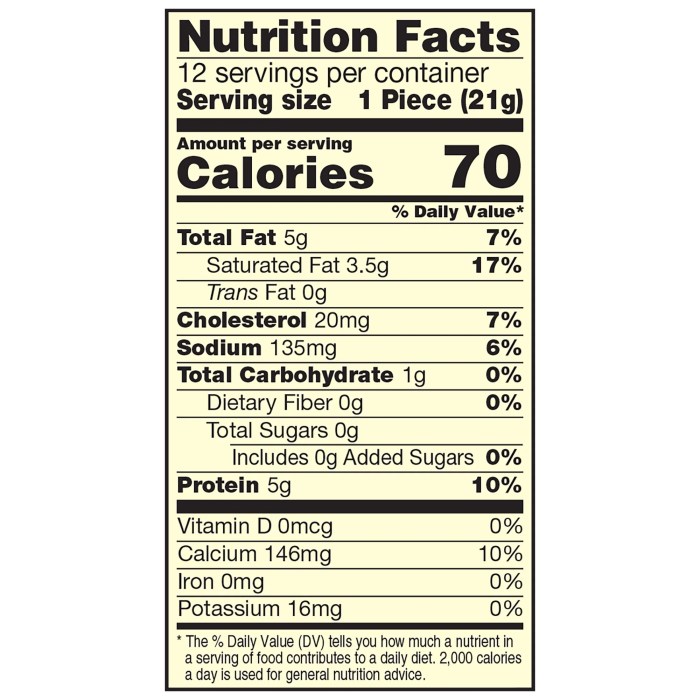
Mozzarella cheese nutrition facts – Let’s get cheesy! We’ve already covered the nutritional basics of mozzarella, so now let’s dive into the nitty-gritty of how it fits (or doesn’t fit!) into various diets and dietary needs. Prepare for a delicious deep dive into the world of dairy delights (and potential digestive distress).
Mozzarella Cheese Compared to Other Cheeses
Mozzarella isn’t the only cheese in town, folks! To understand its place in the cheesy universe, let’s compare it to some other popular players. Remember, nutritional values can vary slightly depending on the brand and type of cheese. This table provides a general comparison.
Yo, so you’re all about mozzarella cheese nutrition facts, right? Knowing the nutritional breakdown is key, especially if you’re watching your calories. But let’s be real, sometimes you crave that processed cheese goodness, so checking out the kraft singles cheese nutrition facts can be a total game-changer. Then you can totally compare and contrast, making informed choices about your cheesy intake – mozzarella or singles, the choice is yours!
| Cheese Type | Fat Content (approx. per 1 oz) | Protein Content (approx. per 1 oz) | Sodium Content (approx. per 1 oz) |
|---|---|---|---|
| Mozzarella (part-skim) | 5g | 6g | 70mg |
| Cheddar | 9g | 7g | 170mg |
| Swiss | 8g | 7g | 80mg |
| Parmesan | 7g | 10g | 180mg |
Mozzarella Cheese and Lactose Intolerance
Ah, lactose intolerance – the bane of many a cheese lover’s existence. Mozzarella, being a fresh cheese, generally contains less lactose than aged cheeses like cheddar or parmesan. However, the amount of lactose can vary depending on the manufacturing process. Individuals with mild lactose intolerance might be able to tolerate small amounts of mozzarella without significant digestive upset, while those with more severe intolerance may experience bloating, gas, or diarrhea.
If you’re lactose intolerant, proceed with caution and listen to your body! Lactose-free mozzarella options are also available for those who want to enjoy the cheesy goodness without the gastrointestinal fireworks.
Mozzarella Cheese in Various Dietary Plans
Mozzarella’s versatility shines through in its adaptability to different dietary plans.
Mozzarella and the Ketogenic Diet
The ketogenic diet, characterized by its high-fat, moderate-protein, and very-low-carbohydrate content, can be a surprisingly good friend to mozzarella. The lower lactose content and higher fat content make it a suitable choice for keto enthusiasts. Just remember to keep an eye on portion sizes to manage your overall carbohydrate intake. Think of it as a delicious keto-friendly reward, not a license to devour an entire wheel.
Mozzarella and the Mediterranean Diet
The Mediterranean diet, emphasizing fresh produce, healthy fats, and lean protein, also finds a place for mozzarella. It contributes to the diet’s protein intake and provides a source of calcium. However, moderation is key here as well, to maintain a balanced intake of fats and sodium. Imagine a beautiful Caprese salad – a perfect example of mozzarella integrating seamlessly into the Mediterranean lifestyle.
Health Implications of Mozzarella Cheese Consumption: Mozzarella Cheese Nutrition Facts
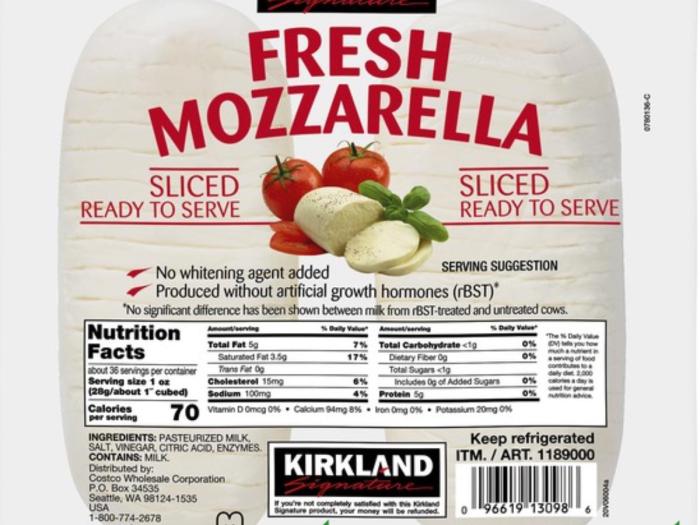
Let’s face it, mozzarella is delicious. But like that extra slice of pizza, moderation is key. This section explores the cheesy rollercoaster of health benefits and potential pitfalls of indulging in this creamy delight. We’ll delve into the good, the bad, and the gloriously gooey.Mozzarella cheese, when consumed in moderation, can offer some surprising health perks. It’s a good source of calcium, crucial for strong bones and teeth.
Think of it as tiny, delicious building blocks for your skeletal system. It also contains protein, essential for muscle growth and repair – perfect for those post-workout cravings (or pre-workout, we don’t judge!). Plus, it provides a small amount of vitamin D, which helps your body absorb that calcium efficiently. It’s a nutritional trifecta, if you will, albeit a slightly cheesy one.
Potential Benefits of Moderate Mozzarella Consumption
Moderate consumption of mozzarella can contribute to a healthy diet by providing essential nutrients like calcium and protein. These nutrients are vital for maintaining strong bones, healthy teeth, and supporting muscle growth and repair. Think of it as nature’s tiny, delicious bodybuilders. The presence of vitamin D further enhances calcium absorption, making it even more effective.
Potential Risks of Excessive Mozzarella Consumption
Now for the less fun part: overdoing it on the mozzarella can lead to some unwelcome consequences. It’s relatively high in saturated fat, which can contribute to high cholesterol levels and an increased risk of heart disease if consumed in excess. Imagine your arteries clogged with delicious, yet ultimately problematic, cheese. It’s also a significant source of sodium, contributing to high blood pressure if you’re not careful.
So, while a little mozzarella goes a long way, too much can lead to a long way to the doctor’s office.
Infographic: Mozzarella’s Double-Edged Sword, Mozzarella cheese nutrition facts
Imagine a balanced scale. On one side, we have a vibrant, cheesy sun radiating with the benefits: Strong bones (represented by a tiny, cartoonishly strong skeleton), healthy muscles (a flexing bicep, also cartoonish), and a happy smile indicating good overall health. On the other side, we see a slightly wilted, cartoonish heart struggling under the weight of high cholesterol and blood pressure, represented by menacing little blood pressure gauges and cholesterol molecules shaped like angry little blobs.
The message is clear: Enjoy mozzarella, but keep it balanced! The scale should be mostly tipped towards the “benefits” side, but with a clear indication that overindulgence will shift the balance.
Expert Answers
Is mozzarella cheese good for weight loss?
Mozzarella’s high fat content can hinder weight loss if consumed excessively. Opt for low-fat varieties and control portion sizes.
Can vegetarians eat mozzarella cheese?
Yes, most mozzarella cheese is vegetarian-friendly, but always check the label to ensure it doesn’t contain animal rennet.
How does mozzarella cheese compare to cheddar cheese nutritionally?
Cheddar cheese generally has a higher fat and protein content than mozzarella, but mozzarella often has less sodium.
Does grilling mozzarella cheese affect its nutritional value?
Grilling can slightly reduce some nutrients, but the overall nutritional profile remains largely similar. However, added oils during grilling can increase the fat content.



